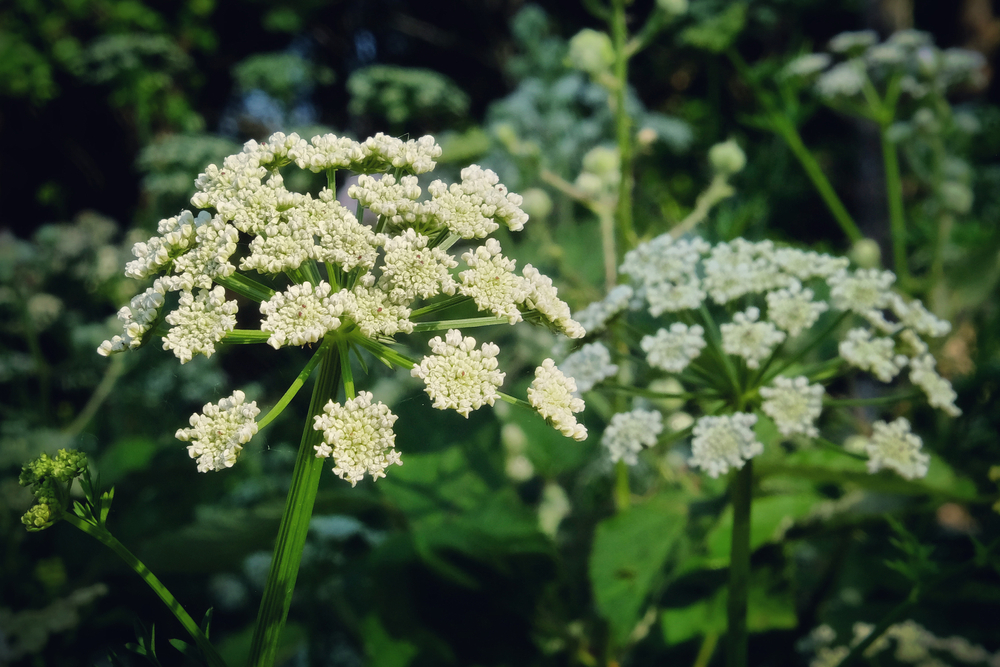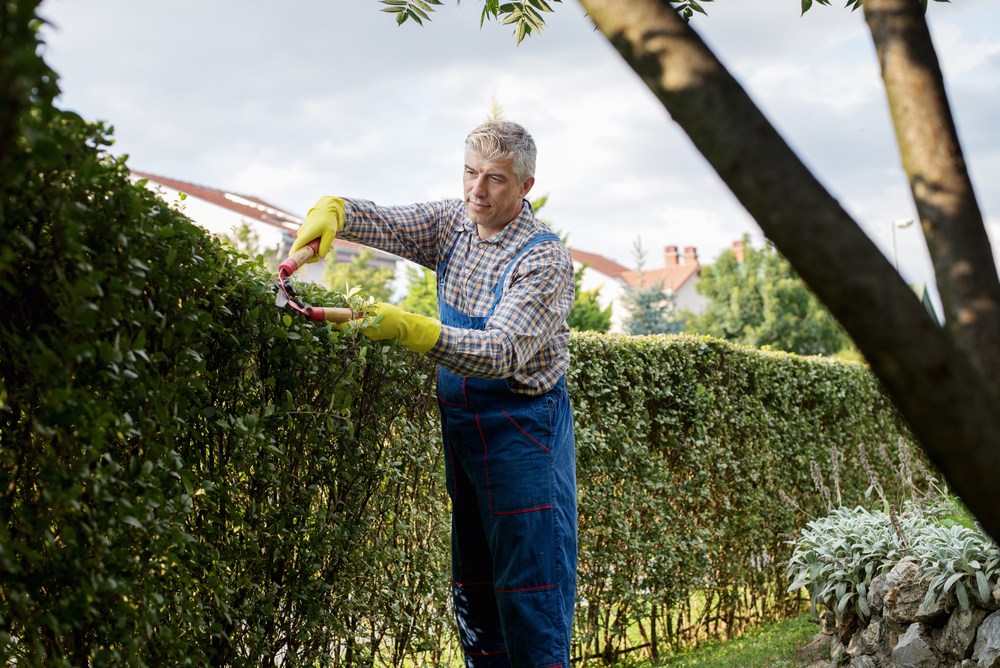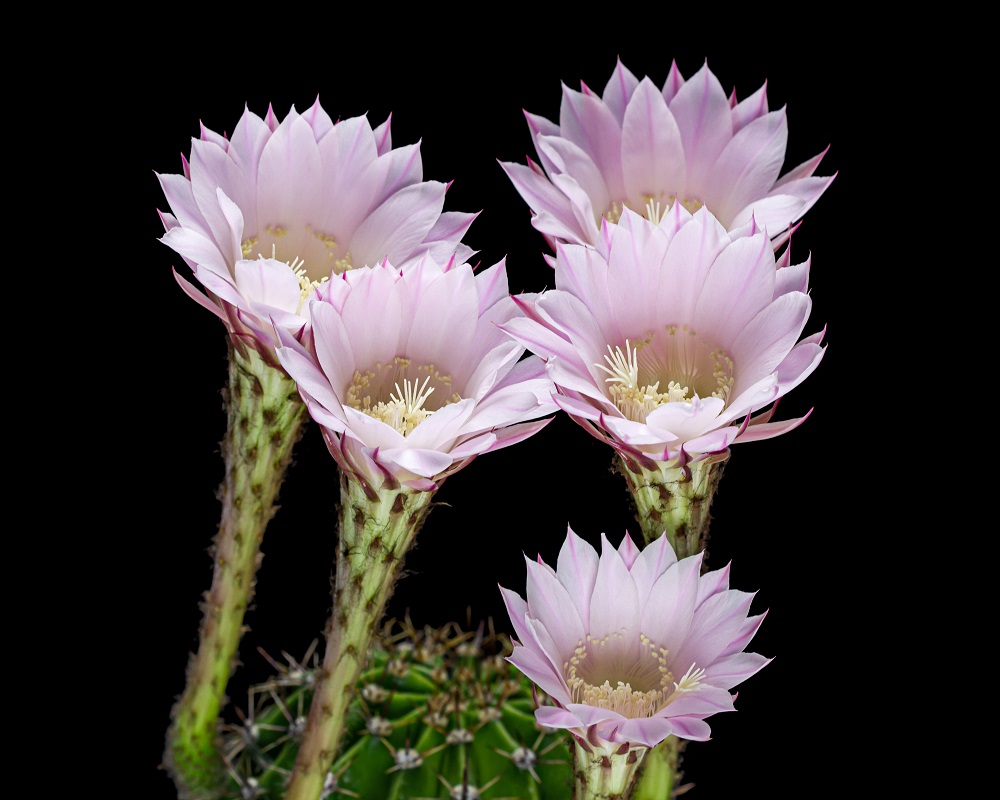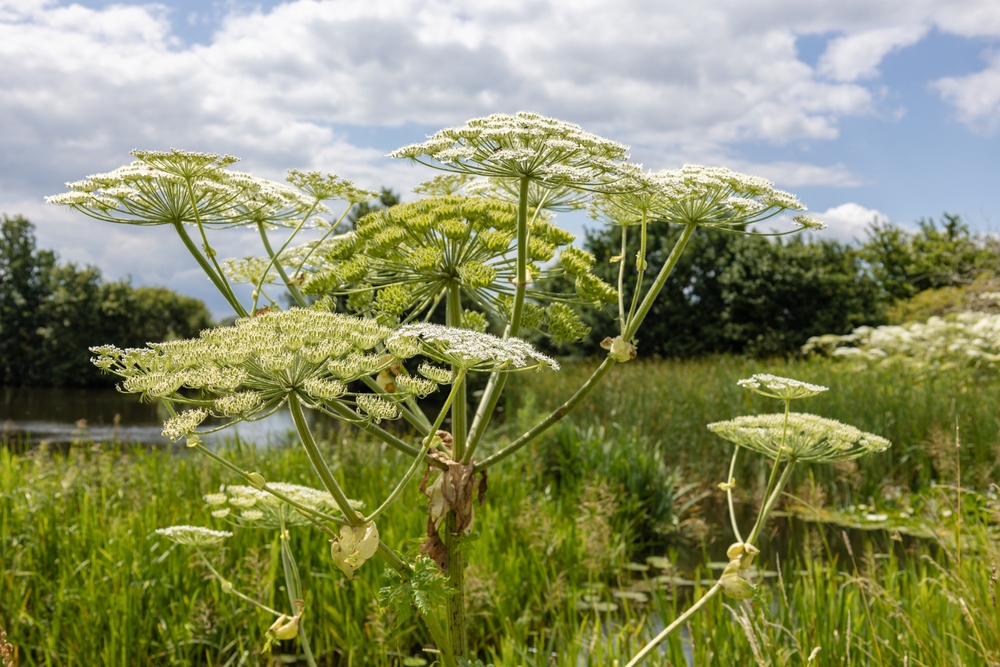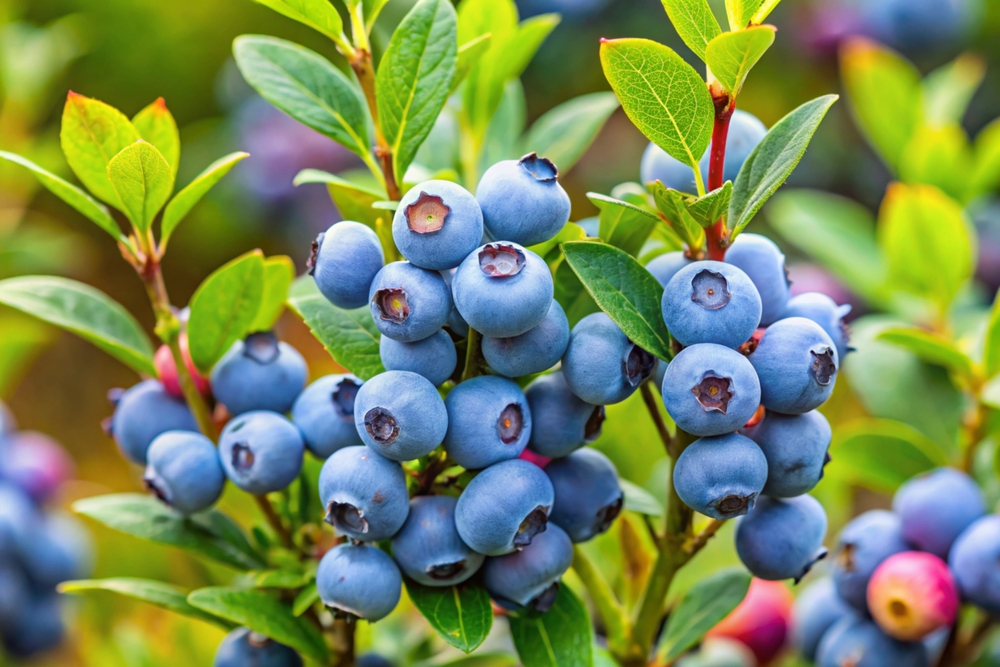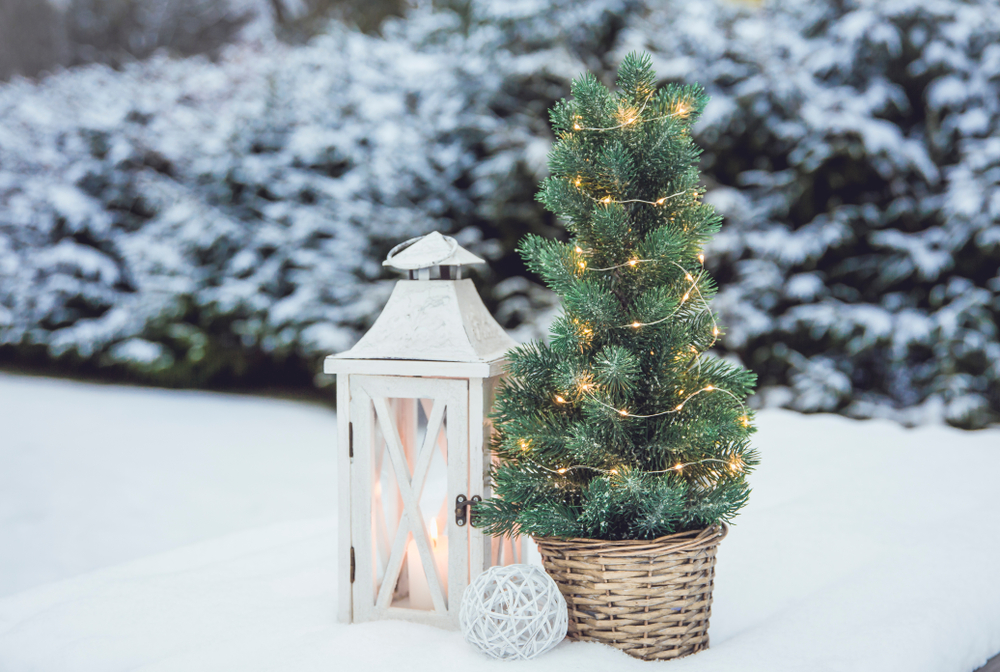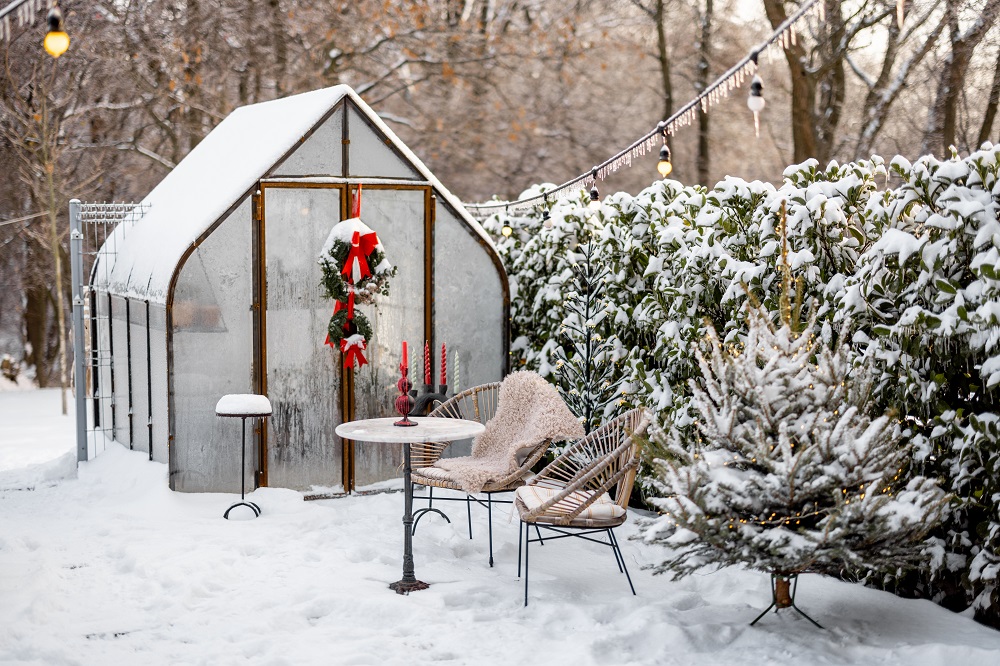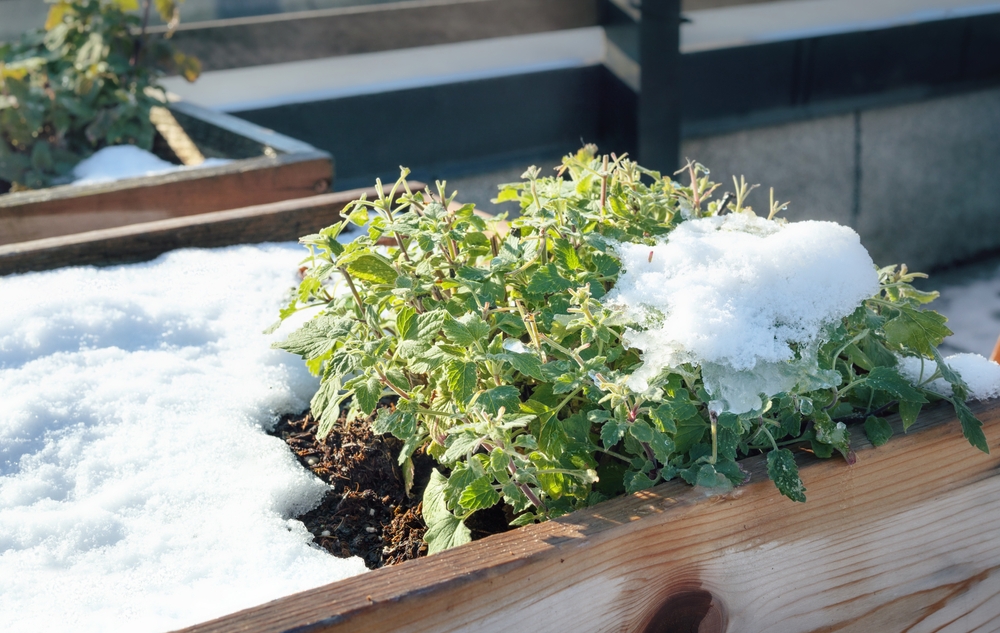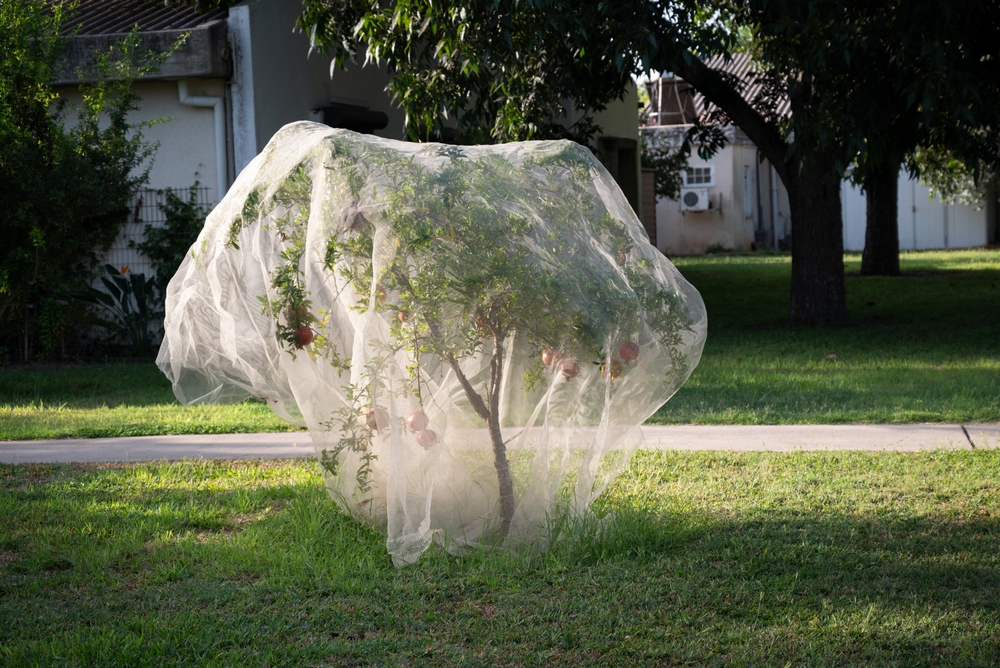Are you leaving leaves in your yard? If not, see how doing so can help you have a healthier garden.
I love taking care of my garden, and because of this, as soon as the fall knocked at our door, I would take the rake out of the shed and start collecting all the fallen leaves. I would do it until winter started because I wanted to make sure my garden was tidy before the first snow.
But was this a good idea? Looking back now, I can easily say it was not. But how did I switch from advocating for raking your yard and having a “clean garden aesthetic” to a more laid-back person who wants to let nature do its job? What made me change my mind, you might ask?
Well, things are simple. At some point, while I was looking for more efficient ways to take care of my garden and tips and tricks about what you can do to gather the fallen leaves more easily, I kept stumbling across articles about how leaving leaves is by far more beneficial for your yard.
At first, I dismissed the new information, but it was all over the place, so I decided to give it a chance. After some weeks spent researching this subject, I was finally starting to agree with the idea of leaving leaves in the garden, and now I actually promote this concept.
Today, I want to share with you all the knowledge I have gathered all this time and explain to you why leaving leaves on the ground is incredible for your garden. At this point, I have practiced this for more than 3 years, and I can assure you that my garden has never looked better. So, are you ready to find out more and change the way you take care of your garden and plants?
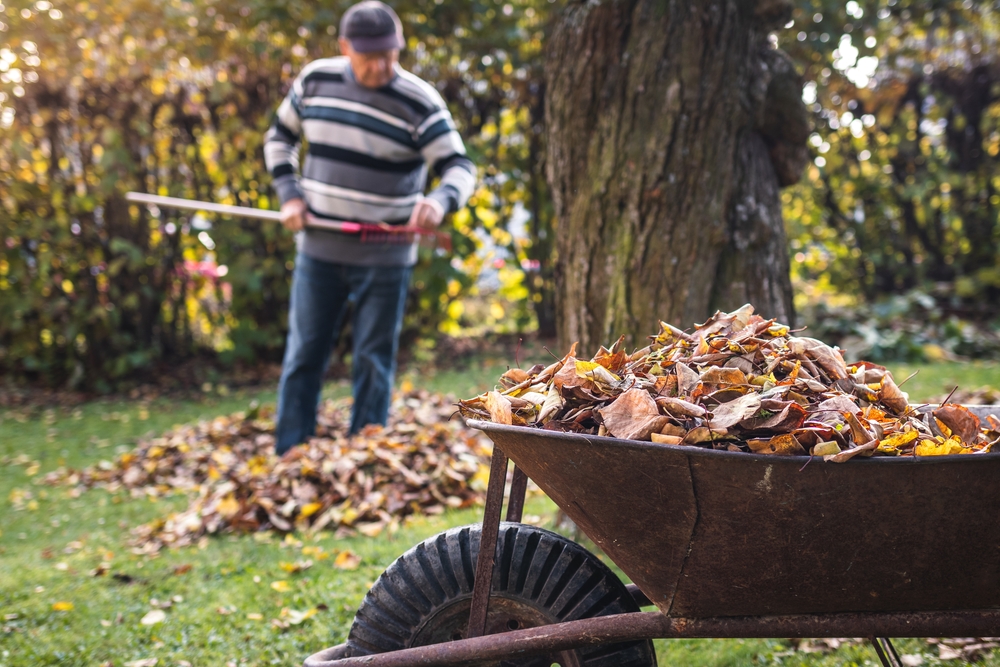
Why do we rake leaves? Is there a good reason behind this practice?
If you are like me and grew up in a neighborhood or a place where there were a lot of trees, you’ve probably seen that people were raking leaves every fall, and maybe you’ve helped with that.
Spending hours every week until winter to rake everything, then putting the leaves in the bags and sending them to the landfill is for sure not a fun activity. I am already sure that nobody truly likes doing this, but why are we still doing it? What are the reasons behind it?
Perhaps the first explanation you’ve heard from those around you, from parents to neighbors and so on, was that we do this because we want to have a tidy yard. If you were curious and were not satisfied with this answer and decided to dig deeper, you might have also encountered the theory that leaving leaves on the ground will kill the grass.
Now, regarding the first explanation,fair, you will have a clean yard. Moving on to the second one, you’ve probably already thought that it sounds kind of silly—how can some yellow, dried leaves destroy the grass, right? Indeed, this is silly because it is not true. This is a myth that sold more rakes and bags than anything else!
In reality, the practice of raking removes important nutrients from the yard, and this is how we end up with soil that is not fertile, so we have to enrich it with various nutrients and fertilizers we get from the local garden center.
What are the benefits of fallen leaves?
Why would we spend money and waste time to go and buy fertilizers every year when we can just start practicing leaving leaves on the ground? I am not against using fertilizers, but if it’s possible to not use them that often, why would we do that?
Nature has its own ways of taking care of itself, and it’s a good idea to let it do its job and interfere only when needed.
Leaving leaves on the ground creates a physical layer of organic materials above the ground, which is beneficial because it supports the health of the soil and also provides food and shelter for wildlife. For example, insects need this protection over winter to live, and later on, the same insects will work together to keep your yard healthy.
As we already said, the fallen leaves are a great gift for the soil, as once they get composted and marge into the ground, they leave various nutrients that are going to feed the next year’s crops and grass.
Nature is so marvelous because everything is a cycle, and even the simple act of leaving leaves on the ground is basically an important piece of this mechanism. Letting nature play its part instead of raking the leaves gives you the power to choose not to break this cycle, and in the end, this leads to a healthier planet and ecosystem.
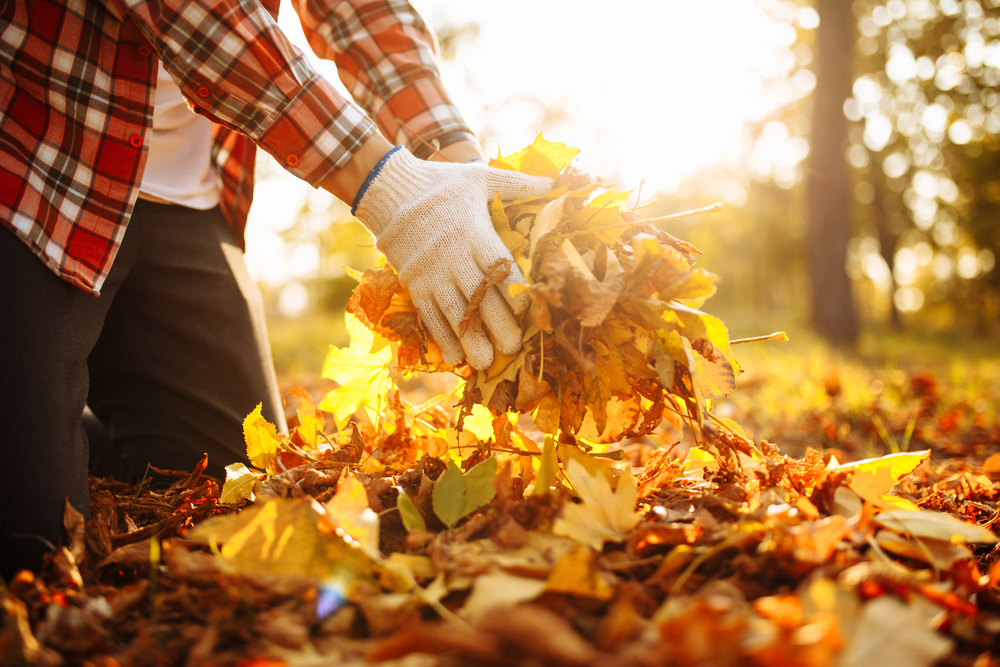
Is there a way to maximize the benefits?
Sometimes, if you want to make the most of this strategy, you can interfere and give nature some help. You are still leaving leaves on the ground, but you’ll do it in a more precise way that is also suitable for your needs and the needs of your garden.
You are able to control this process in a way that does not affect the ecosystem, and doing so will even help it take care of itself better than before. After all, my garden and your garden are man-made structures. The rules that apply in the forest will not work here, and this is why we can intervene and make things more efficient and beneficial for both parties.
Generally, the leaves will pile up in the area under the tree. You want them all around your yard, and for this, you will have to spread them around to create an even layer of leaves all around your property.
Also, if you need to mow your lawn and you have fallen leaves everywhere, this is not actually a problem. One interesting thing that I’ve found while doing my research is that most experts actually recommend mowing over fallen leaves, as this breaks them down into smaller pieces and will only enhance the lawn’s fertility over time.
What happens if you want a tidy yard but also a happy one?
You might believe that if you are not leaving leaves on the ground, there is no chance of having a healthy garden. Even if this is the most preferred approach, to just leave the leaves where they are and let nature do its job, if you still want no leaves on the ground, there are some solutions that might work for you.
One of them is to collect all the leaves and then use them to cover only the areas you want to. For example, you can add them to garden beds and flower beds, or use them as mulch around trees. Covering garden beds with thick mulch is an amazing way to create fertility for the soil, and you will also keep the yard tidy.
Another useful thing you can do, and also the strategy I use if I have excess leaves, is to keep a pile of them next to a compost bin. During the winter, you will put food waste in this bin, and you can use the leaves by adding them to the compost as layers. Each time you put trash in there, add a layer of leaves and keep repeating this. The new compost will be richer in nutrients and ideal for the garden when you start planting new flowers, vegetables, or trees.
In case you’ve decided that you want to make compost, I can recommend the bin that I use. For me, it’s perfect, doesn’t take up too much space, and does its job: FCMP Outdoor IM4000 Dual Chamber Tumbling Composter Canadian-Made, 100% Recycled Resin
You should also read: 11 House Plants That Promote Better Sleep

